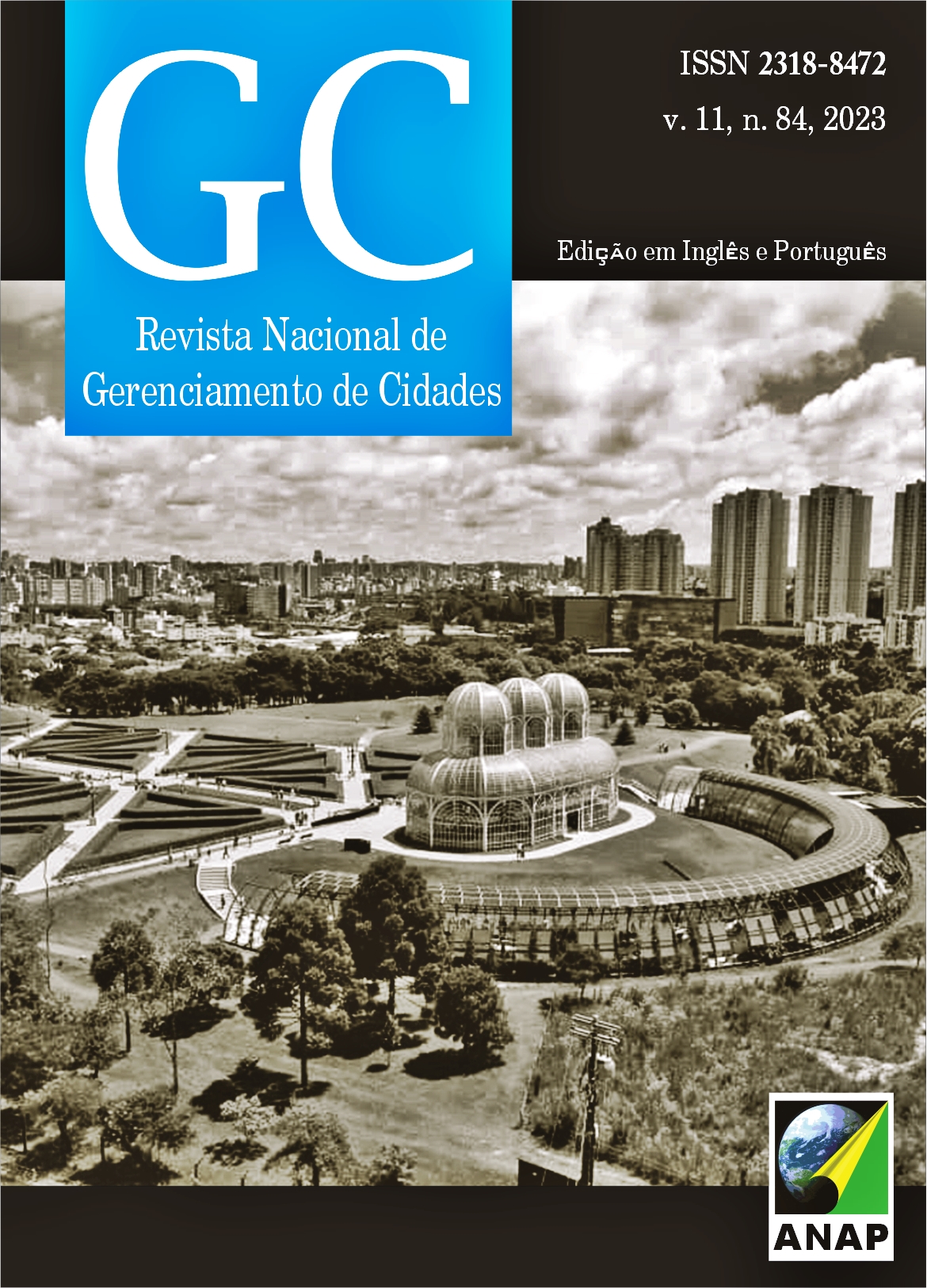Tree planting as a health promotion strategy on cycle paths in a municipality with unfavorable weather conditions for active transport
DOI:
https://doi.org/10.17271/23188472118420234687Keywords:
Active Mobility, Thermal Comfort, Urban Green SpacesAbstract
Improving conditions and encouraging active mobility has become a necessity in the current parameters of urbanization in Brazil. Using active transport, through cycling, provides a sustainable characteristic to the urban environment, integrating environmental, social and economic improvements. The present study aims to analyze the influence of afforestation on cycling structures’ comfort condition in a Brazilian municipality in a region with extreme climate conditions: high temperatures and humidity unfavorable to active transport. Temperature and relative humidity data were collected using an HTR-157 thermo-hygrometer in 7 urban cycling structures in the municipality of Sinop, State of Mato Grosso, Brazil, from March to July 2020. Temperature and humidity were used to determine the Temperature and Humidity Index (THI). The analysis using a dendrogram, carried out using the hierarchical grouping method, for the tree-lined and non-tree-lined cycle paths, showed that cycle path 7, the only one with the presence of continuous and contiguous trees on both sides of the road, showed different behavior from all the others, with more favorable temperature and relative humidity indicators for the entire analyzed period (dry and rainy). It is concluded that afforestation constitutes an important strategy for promoting health in the urban environment, providing better thermal comfort and environmental quality conditions, especially when there are low values of relative air humidity, positively supporting aspects related to afforestation such as aesthetics, safety and microclimate.
Downloads
Published
Issue
Section
License

This work is licensed under a Creative Commons Attribution-NonCommercial-ShareAlike 4.0 International License.














